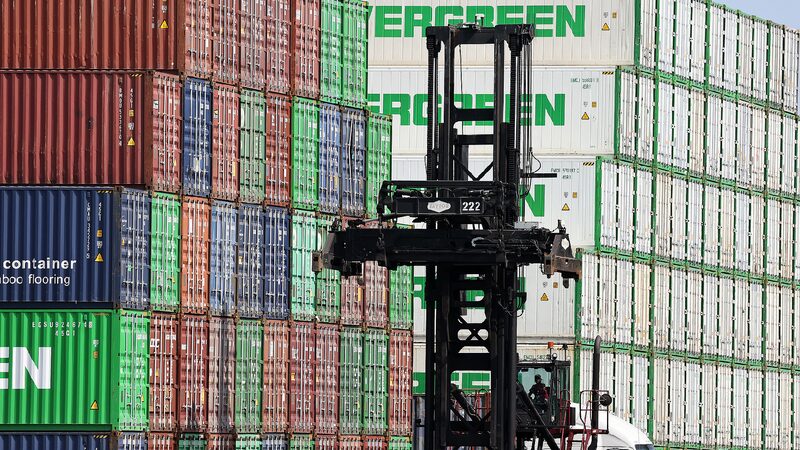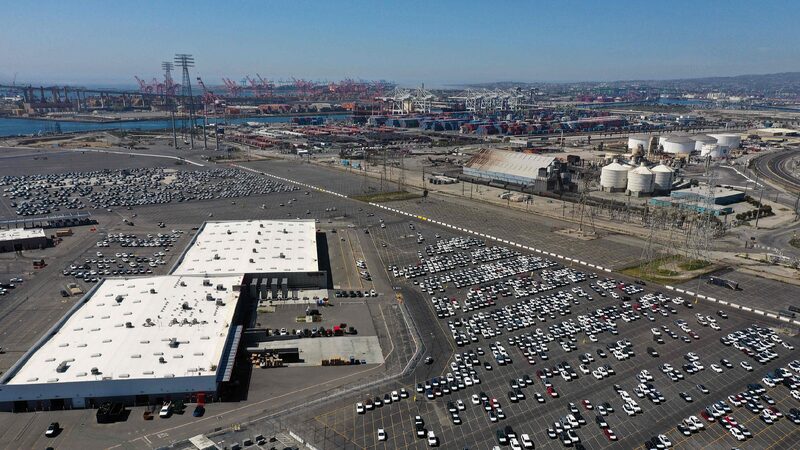New tariffs on Canada and Mexico could spell trouble for the US economy, experts warn.
For nearly three decades, the North American Free Trade Agreement (NAFTA) and its successor, the United States-Mexico-Canada Agreement (USMCA), have fostered close trade ties among the US, Canada, and Mexico. These agreements have created intricate supply chains, with each country playing a vital role in the regional economy.
However, recent threats to impose additional tariffs on imports from Canada and Mexico could disrupt this delicate balance. US manufacturers have long benefited from lower production costs in Mexico, where cheaper labor and land reduce expenses. This collaboration has allowed American businesses to thrive by keeping prices low for consumers.
Impact on Consumers
Introducing tariffs would raise the cost of importing goods from Mexico and Canada, potentially leading to higher prices in US stores. With inflation already a pressing concern, increased costs could strain household budgets and amplify economic stress.
Energy and Resources at Stake
The US heavily relies on Canada for essential minerals and energy resources. In 2023, Canada was a top supplier of crucial minerals like aluminum, copper, and uranium to the US. Additionally, many American states depend on Canadian energy exports, including crude oil, natural gas, and electricity.
If tariffs prompt Canada to retaliate, energy prices in the US could surge. This would particularly affect states like Michigan and New York, where Canadian energy is a cornerstone of daily life.
Challenges in Replacing Trade Partners
Finding alternative sources for these vital imports isn’t easy. Building new supply chains would require significant time and investment. The US may face difficulties replicating the advantages currently gained through partnerships with Canada and Mexico.
Risk of Retaliation
Both Canada and Mexico have indicated they might retaliate if faced with new tariffs. Such actions could lead to a trade war, further disrupting economies and supply chains. Businesses might become more cautious, seeking to minimize risks by altering their trade relationships.
The Road Ahead
Imposing tariffs on close trading partners like Canada and Mexico could have unintended consequences for the US economy. Increased costs, supply chain disruptions, and strained international relationships might outweigh any perceived short-term benefits.
As trade tensions rise, it’s crucial for policymakers to consider the broader impact on the economy and everyday consumers.
Reference(s):
cgtn.com








